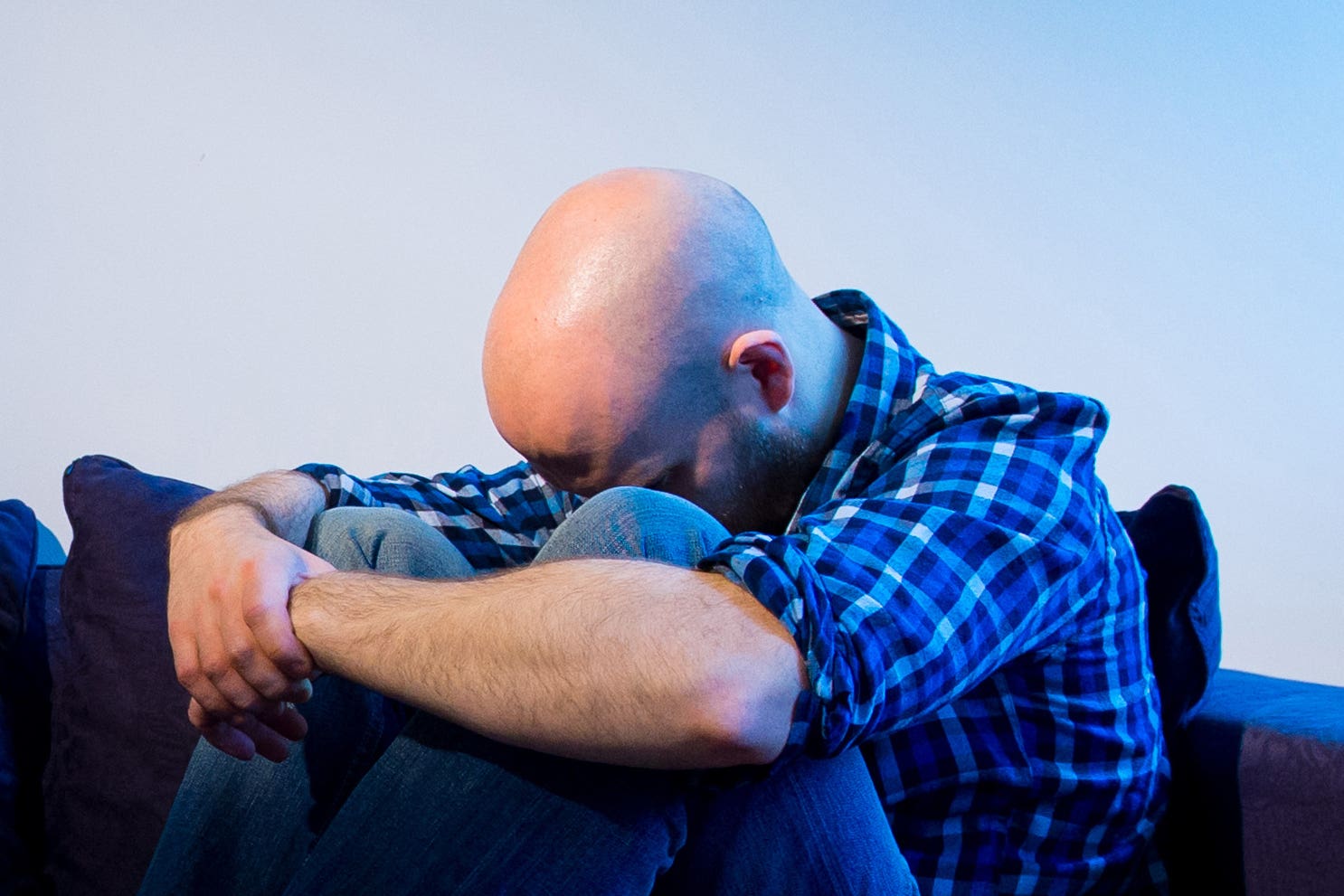NHS expands mental health support for veterans
The redesign of Op Courage will focus on self-referrals and enhanced addiction support.

The NHS is expanding its mental health support services for armed forces veterans.
It comes after a survey found the majority of veterans find it difficult to speak up about mental health issues.
As a result, NHS England has redesigned Op Courage, a specialist service which supports serving personnel who are due to leave the military, reservists, armed forces veterans and their families.
It will focus on boosting self-referrals, as well as enhancing addiction support.
Dr Jonathan Leach, NHS England associate medical director for armed forces and veterans’ health, said: “The NHS Op Courage service is unique Our staff are not only highly trained clinical professionals, but they are also either ex-military or know the military culture first-hand.
“This sets them up to provide a non-judgmental service and build trust with those seeking help.”
A new awareness campaign will also shine a spotlight on Op Courage.
It comes after a survey was conducted between April and May 2022 which sought views on veterans’ mental and physical health services.
Of the 3,095 people who responded – which comprised a mix of veterans, serving personnel, reservists, their family members and carers – 52% said they had a mental health problem currently or previously.
About 60% confessed they found it difficult to ask for help.
Former Royal Marine, Invictus Games medallist and TV presenter JJ Chalmers, said: “Recognising when you need to reach out is the first hurdle and fellow veterans can help so much with this, as they’ve been through it too.”
He added: “The wonderful thing about Op Courage, is that it has been developed by veterans, for veterans – the trained NHS professionals you’ll speak to are from the armed forces or have experience of working with the community. They really get where you’ve come from.
“I remember how hard it was adjusting to life after the military, getting to grips with civvy street after everything I went through in Afghanistan. Having a service like the Op Courage to support you is invaluable.”
I am determined to make this the best country in the world to be a veteran
There are an estimated 2.4 million veterans living in the UK.
Minister for veterans’ affairs Johnny Mercer said: “I am determined to make this the best country in the world to be a veteran, but to do that we need veterans and the public to be aware of what support is already available to them, including our dedicated mental health service Op Courage.
“I would strongly urge anyone who is struggling to reach out. Help is available through Op Courage in England, dedicated NHS services in Scotland and Wales, and the Veterans’ Support Office in Northern Ireland.”
Bookmark popover
Removed from bookmarks